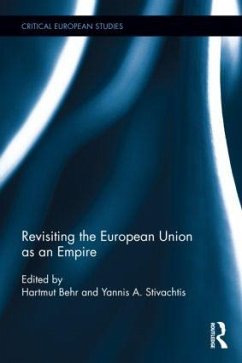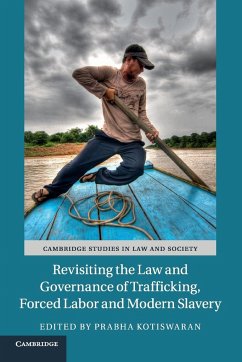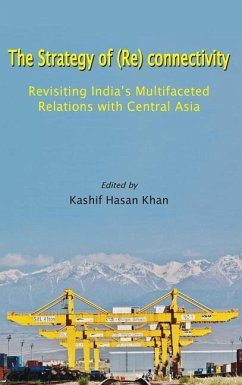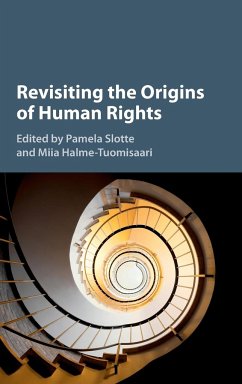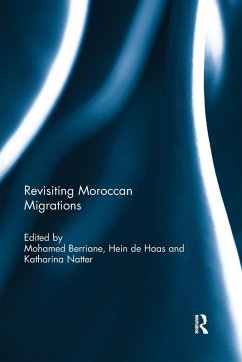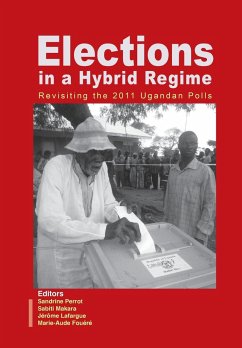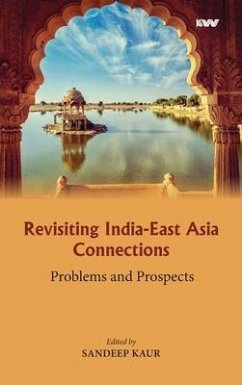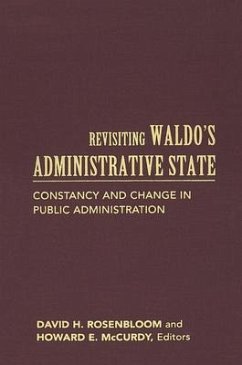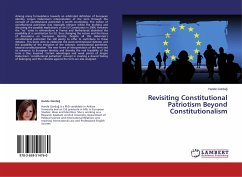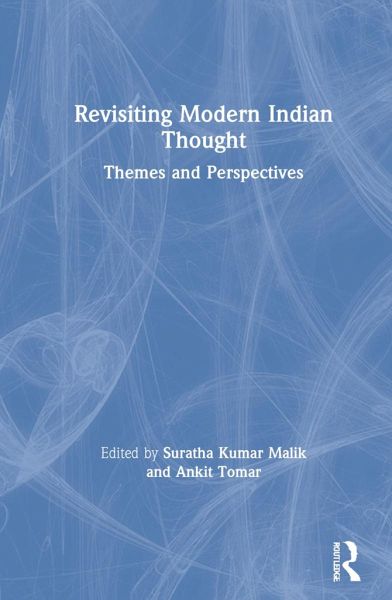
Revisiting Modern Indian Thought
Themes and Perspectives
Herausgeber: Malik, Suratha Kumar; Tomar, Ankit
Versandkostenfrei!
Versandfertig in 1-2 Wochen
168,99 €
inkl. MwSt.
Weitere Ausgaben:

PAYBACK Punkte
84 °P sammeln!
This book presents a comprehensive account of the socio-political thought of prominent modern Indian thinkers. It offers a clear understanding of the basic concepts and their contributions on contemporary issues. Key features: Explores the nature, scope, relevance, context, and theoretical approaches of modern Indian thought and overviews its development through an in-depth study of the lives and ideas of major thinkers. Examines critical themes such as nationalism, swaraj, democracy and state, liberalism, revolution, socialism, constitutionalism, secularism, saty¿graha, swadeshi, nationbuild...
This book presents a comprehensive account of the socio-political thought of prominent modern Indian thinkers. It offers a clear understanding of the basic concepts and their contributions on contemporary issues. Key features: Explores the nature, scope, relevance, context, and theoretical approaches of modern Indian thought and overviews its development through an in-depth study of the lives and ideas of major thinkers. Examines critical themes such as nationalism, swaraj, democracy and state, liberalism, revolution, socialism, constitutionalism, secularism, saty¿graha, swadeshi, nationbuilding, humanism, ethics in politics, democratic decentralisation, religion and politics, social transformation and emancipation, and social and gender justice under sections on liberal-reformist, moderate-Gandhian, and leftist-socialist thought. Brings together insightful essays on Raja Ram Mohan Roy, Ishwar Chandra Vidyasagar, Day¿nanda Saraswati, Ramakrishna Paramhansa, Pandita Ramabai, Periyar E. V. Ramasamy, Jyotirao Govindrao Phule, Babasaheb Ambedkar, Dadabhai Naoroji, Gopal Krishna Gokhale, Mahatma Gandhi, Jawaharlal Nehru, Subhas Chandra Bose, Ram Manohar Lohia, Babu Jagjivan Ram, Vinoba Bhave, Acharya Narendra Deva, Manabendra Nath Roy, and Jayaprakash Narayan. Traces different perspectives on the way India's composite cultures, traditions, and conditions inf luenced the evolution of their thought and legacy. With its accessible style, this book will be useful to teachers, students, and scholars of political science, modern Indian political thought, modern Indian history, and political philosophy. It will also interest those associated with exclusion studies, political sociology, sociology, and South Asian studies.




